Abstract:
The Brazilian National Solid Waste Plan establishes as a goal the reduction of 70% of recyclable and organic waste destined for landfills by 2031. To achieve this goal, the municipalities must consider the implementation of integrated waste management systems. The Institute for Technological Research of the State of São Paulo has developed a technological platform for organizing municipal solid waste (MSW) management systems, considering the steps from source generation to final disposal, proposing the combination of different technologies, in order to create a framework to assist municipalities in the implementation of integrated management systems. Considering the results of the projects’ first module, the objective of the present study is to assess the challenges for transforming municipal solid waste management systems into integrated management systems, principally regarding the influence of popular acceptation and participation on the success of the strategies proposed. A sample area in the municipality of Bertioga, located in the southern portion of the coast of São Paulo State, was chosen as a case study. The results show that, besides the technical and economic challenges for the implementation of these systems, the main factor that influences their success is the acceptance and participation of the population. Thus, for the successful implementation of integrated waste management systems, it is essential to promote continuous actions of environmental education, awareness raising, mobilization and communication with the population, to ensure acceptance and participation in the proposed strategies.
Reference:
GUIMARÃES, Camila Camolesi; MACEDO, Letícia dos Santos; BARBOSA, Alexandre Muselli; REBELO, Claudia Zveibel Toporovski; MANÉO, Fernanda Peixoto; TEIXEIRA, Cláudia Echevenguá. Source separation strategies of household waste: challenges regarding popular acceptation and participation in a pilot program in Bertioga, São Paulo. In: INTERNATIONAL SYMPOSIUM ON ENERGY FROM BIOMASS AND WASTE, 7., 2018, Venice-Italy. Proceedings… 12 p.
The Brazilian National Solid Waste Plan establishes as a goal the reduction of 70% of recyclable and organic waste destined for landfills by 2031. To achieve this goal, the municipalities must consider the implementation of integrated waste management systems. The Institute for Technological Research of the State of São Paulo has developed a technological platform for organizing municipal solid waste (MSW) management systems, considering the steps from source generation to final disposal, proposing the combination of different technologies, in order to create a framework to assist municipalities in the implementation of integrated management systems. Considering the results of the projects’ first module, the objective of the present study is to assess the challenges for transforming municipal solid waste management systems into integrated management systems, principally regarding the influence of popular acceptation and participation on the success of the strategies proposed. A sample area in the municipality of Bertioga, located in the southern portion of the coast of São Paulo State, was chosen as a case study. The results show that, besides the technical and economic challenges for the implementation of these systems, the main factor that influences their success is the acceptance and participation of the population. Thus, for the successful implementation of integrated waste management systems, it is essential to promote continuous actions of environmental education, awareness raising, mobilization and communication with the population, to ensure acceptance and participation in the proposed strategies.
Reference:
GUIMARÃES, Camila Camolesi; MACEDO, Letícia dos Santos; BARBOSA, Alexandre Muselli; REBELO, Claudia Zveibel Toporovski; MANÉO, Fernanda Peixoto; TEIXEIRA, Cláudia Echevenguá. Source separation strategies of household waste: challenges regarding popular acceptation and participation in a pilot program in Bertioga, São Paulo. In: INTERNATIONAL SYMPOSIUM ON ENERGY FROM BIOMASS AND WASTE, 7., 2018, Venice-Italy. Proceedings… 12 p.

